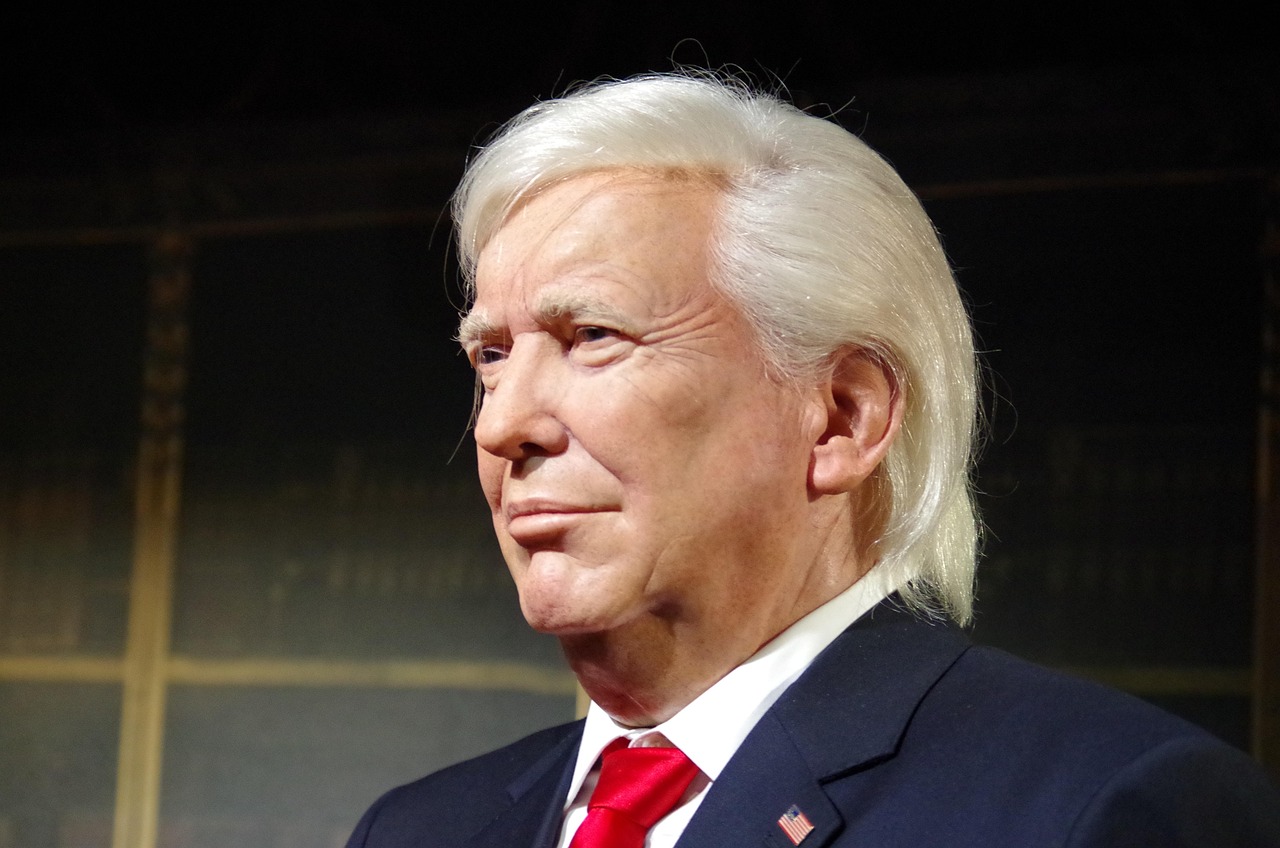President Trump has agreed to extend a deadline to negotiate tariffs with the European Union (EU) by more than a month. Trump had previously announced a 20% tariff on most EU goods, later reducing this to 10% to allow time for negotiations. On Friday, Trump threatened to raise the tariff rate to 50% by June 1, expressing frustration over the slow pace of talks.
However, on Sunday, he announced on social media that he was pushing the deadline back to July 9 after a “very nice” call with Ursula von der Leyen, the European Commission chief. Von der Leyen echoed Trump’s positive sentiment, stating that the EU was “ready to advance talks swiftly and decisively,” but noted that more time was needed to reach a comprehensive deal. Trump’s acceptance of the new deadline maintains pressure on both sides to come to an agreement.
He has long criticised what he considers an unfair trading relationship between the US and the EU, despite the EU being one of the US’s largest trading partners. In 2022, the EU exported more than $600 billion in goods to the US while importing $370 billion worth, according to US government data.
Trump extends EU tariff deadline
Trump has defended his broad tariff policy by claiming it will boost American manufacturing and protect jobs. However, his tariffs have caused global economic disruptions, and many economists warn that they could drive up prices for US consumers. Tariffs are taxes paid by companies that import foreign goods into the US.
The primary concerns in US-EU trade negotiations have been about cars and agricultural goods. While some tariffs were paused earlier this year to facilitate negotiations, a 25% levy on EU steel and aluminium remains in place. The EU has also threatened and paused its own retaliatory measures against the US, including a proposed 25% tariff on $18 billion worth of US goods entering Europe.
Additionally, the bloc is consulting on further measures against US imports valued at €95 billion. European leaders, including France and Germany, continue to advocate for a diplomatic solution, stressing that escalating tariffs would harm both economies.







